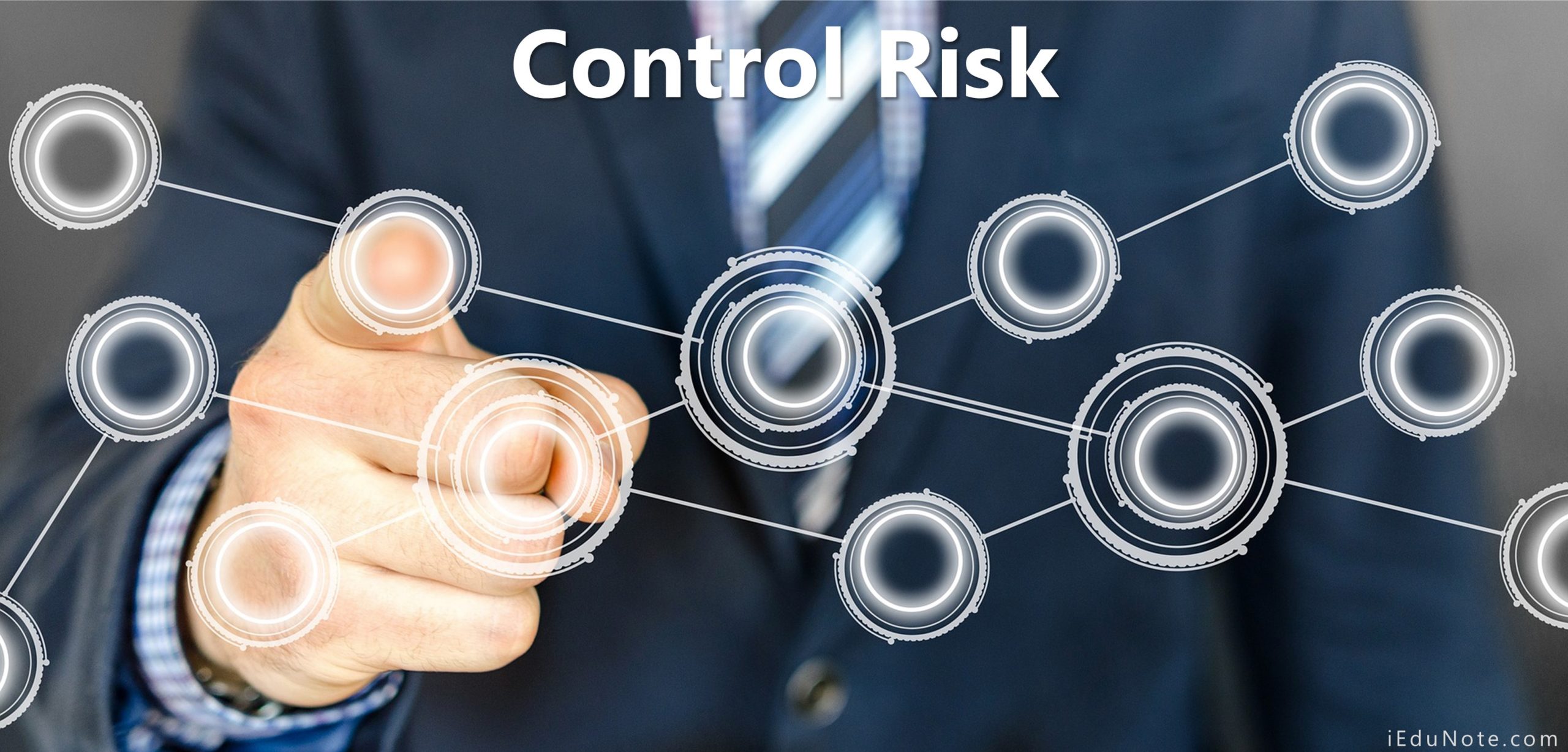
It is possible to wonder if the PMP certification requirement is necessary if you are seeking a PMP career. This article will explain the Experience requirement for the certification, as well as the cost and the value. Before you start the process, it is helpful to familiarize yourself with the PMP Certification Handbook. Also, you should understand the application process. Once you understand the requirements for the exam and the timeline, you can apply.
Experience requirements
PMP certification experience requirements can vary depending on the organization. PMP certification does not require more than 7500 hours experience. Sometimes, however, only 400 hours of project experience is required to become PMP certified. People with little experience might have to rely on their intuition. It is important to detail your project descriptions in your application in order to avoid missing crucial details. Additionally, PMP certification applications are incomplete without a detailed project description.

Credibility and reliability of PMP certification
Professionals with the Project Management Professional (PMP), credential, can be distinguished from others by standing out. This certification will give you credibility and can improve your chances of being hired. Project Management Institute says that by 2027 there will be an acute shortage in qualified project management professionals. It is therefore important to get a PMP certification in order to improve your career prospects. Here are some of the benefits that PMP certification can bring to your career.
Cost of PMP certification
When you think about whether or not you want to become a PMP certified professional, the first thing that comes to your mind is the cost. The preparation for certification is quite expensive, so the cost of passing it is minimal. There are also hidden costs involved in this process such as the money and time required to prepare. The financial cost of failure is often greater than the cost. Consider the following:
Value of PMP certificate
PMP certification has many benefits. It signals your intelligence, expertise, and competence. This certification is valued highly by leaders in many organizations. It will open up more career opportunities for you in the field of project management. The skills gained from this certification can also be applied in your daily life. So, if you are in the process of changing careers, you should consider getting certified to boost your career. Let's examine the benefits of PMP Certification.

Request for PMP certification
To be eligible for PMP certification, applicants need to meet certain requirements. This includes having experience in all processes. Additionally, applicants must be able provide details about any projects that have been approved. After filling out the required information applicants should submit their PMP certificate application. The deadline to submit the application is not set. However, applicants can take the exam up to three times in one year. It can take up to 90 minutes.
FAQ
How does a manager develop his/her management skills?
You can improve your management skills by practicing them at all times.
Managers must continuously monitor the performance levels of their subordinates.
You should immediately take action if you see that your subordinate is not performing as well as you would like.
You should be able to identify what needs improvement and how to improve things.
What are the three main management styles you can use?
The three basic management styles are: authoritarian, laissez-faire, and participative. Each style has strengths and flaws. Which style do YOU prefer? Why?
Authority - The leader is the one who sets the direction and expects everyone in the organization to follow it. This style works best if the organization is large and stable.
Laissez-faire is a leader who allows everyone to make their own decisions. This style is most effective when the organization's size and dynamics are small.
Participative - The leader listens to ideas and suggestions from everyone. This style works best in smaller organizations where everyone feels valued.
It seems so difficult sometimes to make sound business decisions.
Complex business systems have many moving parts. The people who run them must juggle multiple priorities at once while also dealing with uncertainty and complexity.
Understanding how these factors impact the whole system is key to making informed decisions.
This requires you to think about the purpose and function of each component. Next, consider how each piece interacts with the others.
You should also ask yourself if there are any hidden assumptions behind how you've been doing things. You might consider revisiting them if they are not.
Try asking for help from another person if you're still stuck. You might find their perspective is different from yours and they may have insight that can help you find the solution.
Statistics
- Hire the top business lawyers and save up to 60% on legal fees (upcounsel.com)
- The average salary for financial advisors in 2021 is around $60,000 per year, with the top 10% of the profession making more than $111,000 per year. (wgu.edu)
- 100% of the courses are offered online, and no campus visits are required — a big time-saver for you. (online.uc.edu)
- UpCounsel accepts only the top 5 percent of lawyers on its site. (upcounsel.com)
- Our program is 100% engineered for your success. (online.uc.edu)
External Links
How To
How can you create a Quality Management Plan, (QMP)?
QMP (Quality Management Plan) is a system to improve products and services by implementing continuous improvement. It helps to improve customer satisfaction and product/service quality by continuously measuring, analyzing, controlling and improving.
QMP is a method that ensures good business performance. QMP is a standard method that improves the production process, service delivery, customer relationship, and overall business performance. A QMP should include all three aspects - Processes, Products, and Services. If the QMP focuses on one aspect, it is called "Process." QMP. QMPs that focus on a Product/Service are known as "Product" QMPs. QMP is also used to refer to QMPs that focus on customer relations.
Scope is the most important element in implementing a QMP. Strategy is the second. They can be described as follows:
Scope is what the QMP covers and how long it will last. For example, if you want to implement a QMP that lasts six months, then this scope will outline the activities done during the first six.
Strategy: These are the steps taken in order to reach the goals listed in the scope.
A typical QMP is composed of five phases: Planning Design, Development, Implementation and Maintenance. Below is a description of each phase:
Planning: In this stage, the objectives of the QMP are identified and prioritized. Every stakeholder involved in the project is consulted to determine their expectations and needs. After identifying the objectives, priorities and stakeholder involvement, it's time to develop the strategy for achieving the goals.
Design: This stage involves the creation of the vision, mission, strategies and tactics necessary to implement the QMP successfully. These strategies are implemented by the development of detailed plans and procedures.
Development: The development team is responsible for building the resources and capabilities necessary to implement the QMP effectively.
Implementation involves the actual implementation using the planned strategies.
Maintenance: This is an ongoing process to maintain the QMP over time.
In addition, several additional items must be included in the QMP:
Stakeholder Involvement: Stakeholders are important for the success of the QMP. They must be involved in all phases of the QMP's development, planning, execution, maintenance, and design.
Project Initiation: It is essential to have a clear understanding about the problem and the solution before you can initiate a project. The initiator must know the reason they are doing something and the expected outcome.
Time Frame: It is important to consider the QMP's time frame. For a short time, you can start with the simple version of the QMP. If you are looking for a longer-term commitment, however, you might need more complex versions.
Cost Estimation is another important aspect of the QMP. It is impossible to plan without knowing what you will spend. It is therefore important to calculate the cost before you start the QMP.
QMPs are more than just documents. They can also be updated as needed. It evolves as the company grows and changes. It should therefore be reviewed frequently to ensure that the organization's needs are met.